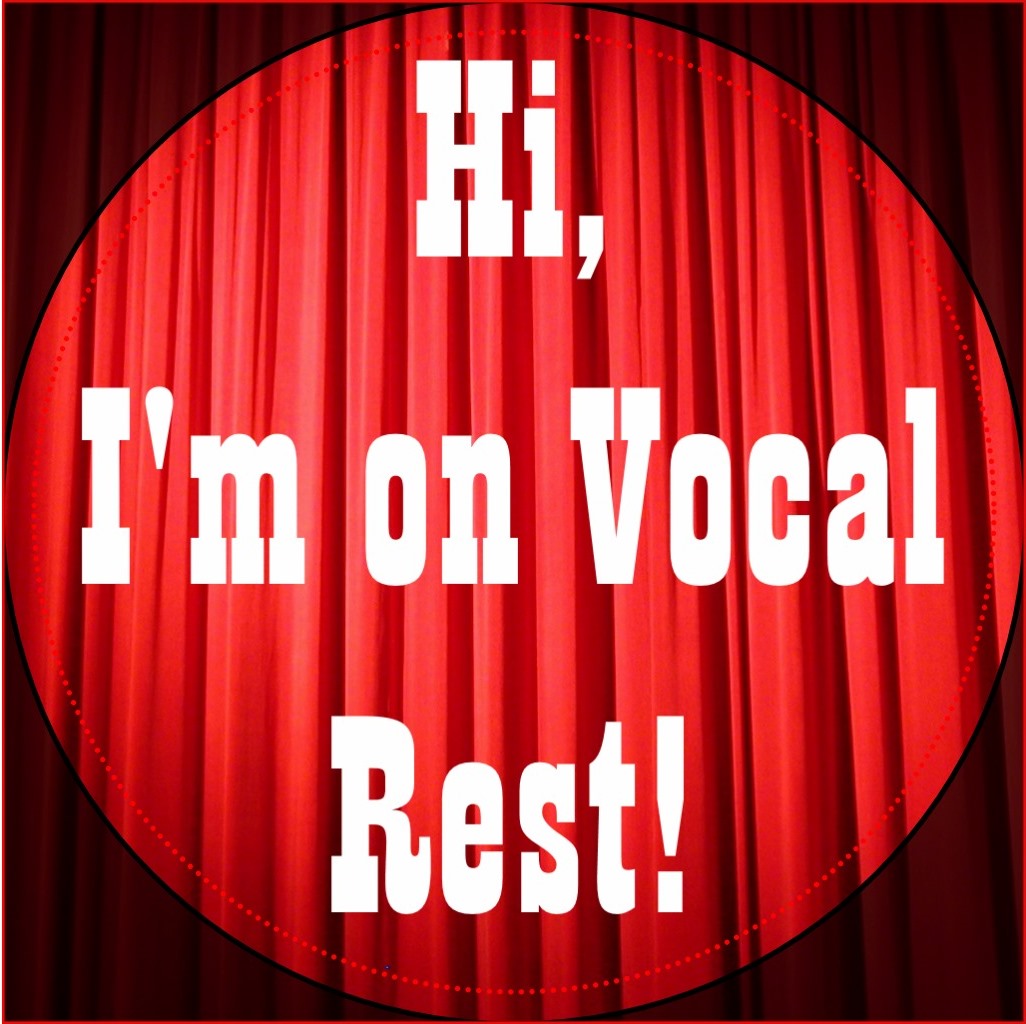 I remember way back when Now Hear This was in its formative stages, the first ever client was a mature young girl who was very committed to her vocal career. I admired that she was so focused and very much a student of the industry.
I remember way back when Now Hear This was in its formative stages, the first ever client was a mature young girl who was very committed to her vocal career. I admired that she was so focused and very much a student of the industry.
She would heed much of what she was taught, to a T. So much so that she was very much a devotee of vocal rest. When she was going to be performing, it just became known that she would not be talking very much that day – at all.
Since that time, over my years working with clients as well as simply meeting other singers, I would have to say that I’ve encountered more performers who don’t practice vocal rest than those that do commonly take this measure.
Sometimes I will ask – in an assuming way – if a singer engages in vocal rest and, unfortunately, far too often the response will be, “Nah, I don’t do that.”
What a shame.
If you don’t think you need it and/or that it won’t show up in your work, I’m here to say otherwise.
In fact, you can really overdo it by not only avoiding vocal rest, but being such a social butterfly at your performances that you’re wearing your voice out by talking, talking, and then talking some more. I’ve seen one singer who will talk to as many people as are there before the show starts, and then during intermission speak with all those who’ve since come in! This is definitely the anti-vocal rest approach.
While yes, there are extensive guidelines to good vocal health (send us an email for a free list of vocal health do’s and don’ts), it boils down to something this simple: When a guitar player arrives somewhere to perform, don’t they usually spend time tuning? They even go out of their way to make sure a capo doesn’t get left on the neck of the guitar when it’s not being used. There’s a product that’s sold for spraying onto the guitar strings. And then you have a luthier, which is someone who specializes in properly stringing your guitar for you.
Well, similarly, your voice is an instrument too, right? So, doesn’t it make sense to go to similar lengths to protect and preserve it?!
And if peer pressure is what’s stopping you, remember that true friends should be those who support your career and thus understand why you need to talk very little or not at all on the day of a show.
Remember, your voice just might be your means of income. Don’t lose out on a potential paying performance because your voice is shot and you can’t sing that day/night.
Bruce
29 February 2016
By: Bruce Wawrzyniak
